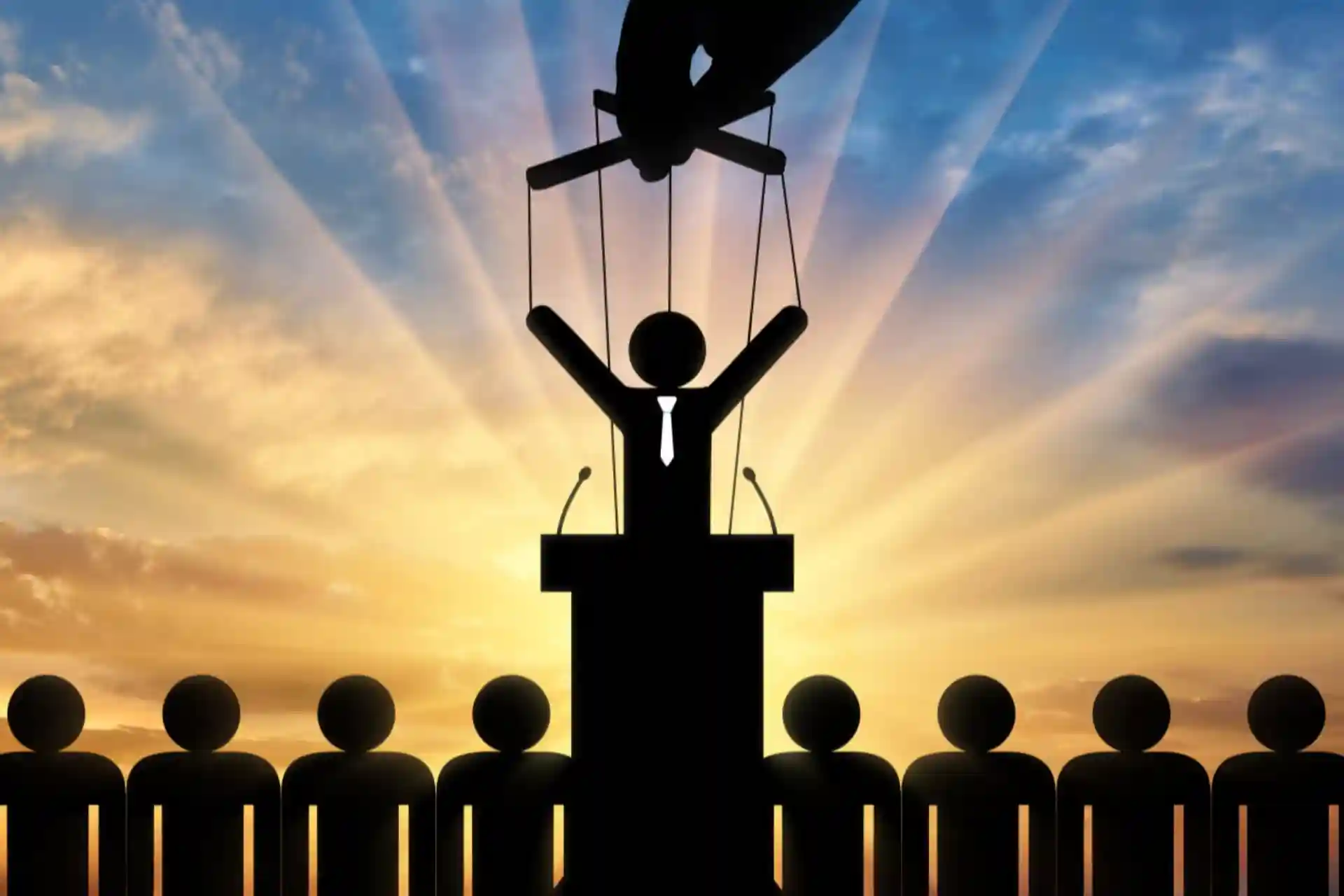13.01.2025 18:00
1088
"Killer Economists": How the West turns governments into puppets?
"There are two ways to enslave a people: the first is by the sword, the second is by debt. Only we, the "killer economists," have managed to create the first truly global empire. We have many weapons in our arsenal, but the most common is to offer large loans, in the name of the World Bank or other organizations, to countries with huge resources such as oil. In fact, this money never reaches the country in question. The funds go to our large corporations, which build infrastructure in these areas, such as factories, power plants, and ports. A few "white people" there and our corporations benefit from this money. Most people do not even notice that this money exists. But the country ends up with huge debts that it cannot repay for a long time. This is part of the plan. When governments cannot pay their debts, they agree to let the lender manipulate their people and build a system that serves their interests."
These sentences are taken from the famous work "Confessions of a Murderer Economist" by American economist and writer John Perkins. The work reveals information about the ways in which third world countries are exploited by colonial countries, or the methods of neocolonization of the invaders.
Perkins writes that the American "killer economists" did not succeed in Iraq. No matter how hard they tried in the 1990s, Saddam Hussein proved more stubborn than the West had expected. The Americans made demands on the former Iraqi leader similar to those the Saudis had agreed to, but Saddam refused. Later, agents sent to overthrow Saddam Hussein also failed. As a result, the West was forced to send troops against the Iraqi army.
"If Saddam had agreed to our terms, would he still be running the country? We would even have agreed to sell him our fighter jets. When Saddam refused, we decided to remove him," Perkins writes.
The author points out that regardless of who is in the White House, whether Democrats or Republicans, government at various levels serves the interests of corporate leaders. Western politicians do not care about the well-being of any society or the environment. They work to maximize profits. This process is inextricably linked to debt, corruption, and the tricks of overthrowing power. Just as the Federal Reserve keeps society in a state of contractual slavery through constant debt, inflation, and interest payments, the World Bank and the IMF do the same on a global scale. The basic scheme is very simple: either trap a country in its debt or introduce structural adjustments with the help of corrupt leaders. This means that local resources are given away for free to "predatory" countries by corrupt or treacherous leaders.
“Only 40-45 percent of World Bank projects were successful. In the late 1960s, the bank provided Ecuador with large loans. As a result, poverty increased from 50 percent to 70 percent over the next 30 years. Unemployment rose from 15 percent to 70 percent. Public debt grew from $240 million to $16 billion. At the same time, the share of aid allocated to the poor fell from 20 percent to 6 percent. In fact, by 2000, Ecuador was spending 50 percent of its national budget on debt repayment. It is important to understand that the World Bank is essentially an American bank that supports US interests, and the US has the right to veto its decisions, since it is the largest provider of capital,” says Perkins.
According to the National Counterterrorism Center, more than twice as many Americans die from peanut allergies each year than from terrorist attacks. In addition, the largest number of Americans die from heart disease, about 450,000. However, the United States spends tens of times more money on counterterrorism than on research into these diseases.
Sanjar Said, [13.01.2025 16:34]
"The real terrorists of our world today are not, as we are often portrayed, those who shout 'Allahu Akbar' in the dark before committing violence. They are those who wear $5 suits and work at the highest levels of finance, government and business, exploiting and defrauding countless innocent people," says Perkins.
If we look at the facts, until the 1980s, Afghanistan produced zero percent of the world's opium. By 1986, when the mujahideen defeated the Soviets in a US-backed war, it was producing 40 percent of the world's opium. By 1988, Afghanistan was producing 80 percent of the world's narcotics. But then something unexpected happened. When the Taliban came to power in 2000, most of the poppy fields were destroyed. Production of the product fell by 94 percent.
"The plan to invade Afghanistan was on the desk of then-US President George W. Bush as early as September 9, 2001. According to the plan, the pretext for launching the operation was implemented two days later. After the US entered Afghanistan, more than 90 percent of the world's heroin was produced there, and new records were set almost every year," the author of the book writes.
In this US bestseller, Perkins focuses on the puppetry of deeply indebted governments. He argues that for the first time in history, the American empire was built not primarily by military means but by "killer economists".



